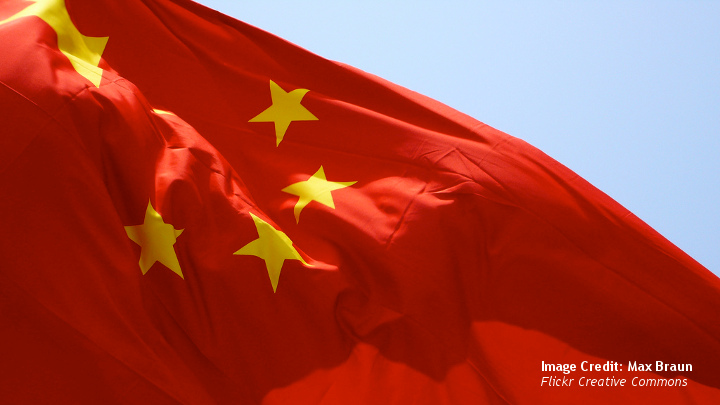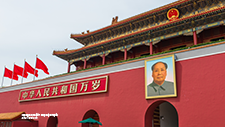China and the US should be wary of the historical parallels with 1914

Niklas Swanström and Phil C.W. Chan
The year 2019 is meaningful for China and the world in so many ways. It marks the 70th anniversary of the founding of the People’s Republic of China and the 30th anniversary of the Tiananmen uprising.
It is momentous for another, less celebrated, reason: the centennial of the signing of the Treaty of Versailles, formally ending World War I. At the Paris Peace Conference, China demanded the return of Shandong peninsula, which had been surrendered by Germany to Japan. Rejection of China’s demand brought forth the May Fourth Movement, allowing Marxist ideas to take hold.
Japan saw its proposal for a racial equality clause in the treaty stymied, leading to its disillusionment with the international system of the day and rapid militarisation, ultimately causing millions to perish. Germany, of course, regarded the treaty and its prohibitive terms as abject national humiliation.
Related Publications
-
Sino-Russian Relations, From Where – To Where
Since 1949, relations between the Soviet Union/Russia and China have been oscillating between formal military alliances and military border clashes. In the early phases, the cooperation was beneficial for both […]
-
Risk Reduction and Crisis Management on the Korean Peninsula
The situation on the Korean Peninsula is inherently intertwined with the growing instability of the East Asian security environment, where high tensions significantly increase the risk of unintended incidents and armed […]
-
Will the PLA Pledge Total Allegiance to Xi Jinping?
This article was originally posted on The National Interest’s website, you can find the article here. Xi’s resolute grip on the three most powerful positions in Chinese society has […]
-
Europe’s Involvement in the Indo-Pacific Region: Determined on Paper, Timid in Reality
Introduction France adopted its Indo-Pacific strategy in 2018, Germany in 2020 and the EU in 2021. None of this comes a minute too soon as geo-political and geoeconomic competition in […]
-
China’s Communist Party at 100: From Revolution to Rule
Introduction The founding of the People’s Republic of China (PRC) in 1949 was a turning point in the history of the Chinese Communist Party (CCP), which celebrates its hundredth anniversary […]




